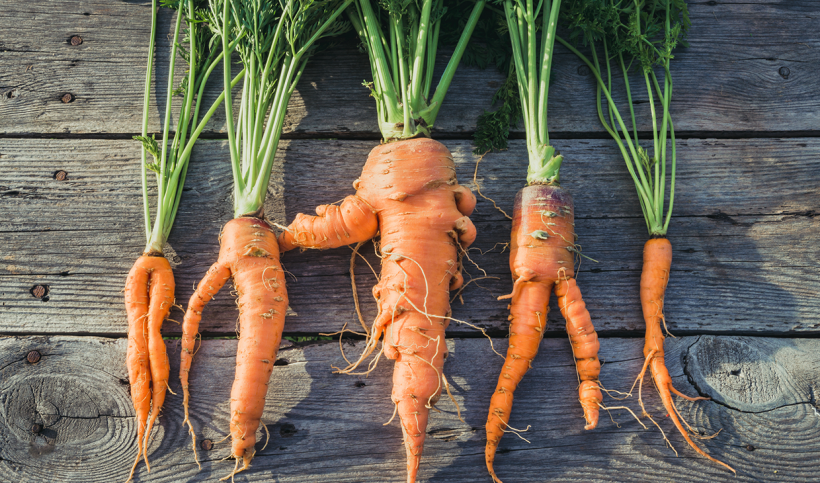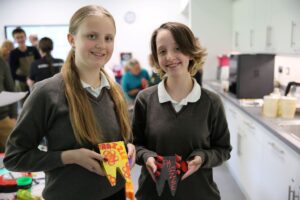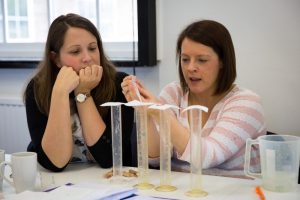Waist Not, Want Not – The Way We Eat
Monday 1st October 2018

As human populations and wealth increase, so does our meat consumption. But what impact does that have on our planet, our health, and our freedom? Our Events Officer Rowena went along to find out more at our recent evening with Philosophy in Pubs. Mike Clark, a researcher into food systems sustainability at the Oxford Martin School, led the discussion.
Food is important to us. It has undeniable cultural, social, economic and political value and helps define our sense of identity. And it has a big place in the world too, taking up 50-55% of our land surface excluding the polar ice caps.
However, only 3 billion people in the world eat what is considered a “healthy” diet, with 2.1 billion overconsuming, 800 million underconsuming, and 1.5 billion nutritionally deficient. And things might get worse. Scientists predict a 50-80% increase in greenhouse gas emissions from food in the next 4-5 decades as developing countries develop and the population expands.
Eating animal products is calorie inefficient, wasting 6000 calories in crops for every 2000 produced for human consumption. So we could feed the world, cut health problems such as cancer, reduce our land use, mitigate global warming and improve biodiversity– but we’d need to eat less meat to do it.
Unsurprisingly, most of the people who came to this discussion evening were already sympathetic with the issue. Around three quarters identified as vegan, vegetarian, flexitarian, reducetarian, or similar – but the ideas they explored were diverse!
We started by asking whether individual freedom was compatible with sustainability. We are already culturally programmed to make certain food choices, so would high incentivisation really be a problem? – or constitute manipulative advertising? And what form would it take? Taxing foods may be one of the greatest motivators to make healthier, friendlier choices, but also disproportionately impacts the less affluent. Inglorious foods and wonky veg were showcased as marketing spiels that worked to reduce food waste – and create that soft spot in everyone for an ugly-looking pepper.
There’s also education: effective, but slow-acting. However, some argued that fast-moving cultural interventions arepossible – such as the spam explosion in Japan.
Other contributors felt that dietary change should be a matter for governance, safeguarding our nutritional security such as during rationing. This would place huge restrictions on what and how much food people could buy, but improve planetary health – like taking a dose of an unpleasant medicine.
What do you think? Do we have a responsibility to protect the planet from the “secondhand smoking” effect of eating, and if we take action, how should we do it?
This discussion was held in partnership with Philosophy in Pubs, look our for more coming soon. Check out the latest in cutting edge food, health and research events coming up this October as part of the IF Oxford Science and Ideas Festival:
- Get a buzz from meat free at Protein and Performance (16 October) and join Personal Trainers and athletes from Oxford’s new Buzz Gym (Westgate centre) and Susan Jebb, Professor of Diet and Population Health to explore the relationship between protein and sporting performance. (Pay What You Decide)
- Oxford University researchers and Good Food Oxford celebrate Veg Power with A Little More Veg at Oxford Academy (21 October) with the a hands on taster session of the latest vegetable-based dishes, Protein-rich and good for your health, planet and wallet. (Free, Booking Essential)
- Or try the taste test for yourself at ‘Festival Dinner‘ (18 October) a delicious meat-free three course meal ‘Supper Club’ style at Hertford College, home of the Bridge of Sighs, to mark the first ever science and ideas festival in Oxford. (£50)
Visit www.if-oxford.com to book.



